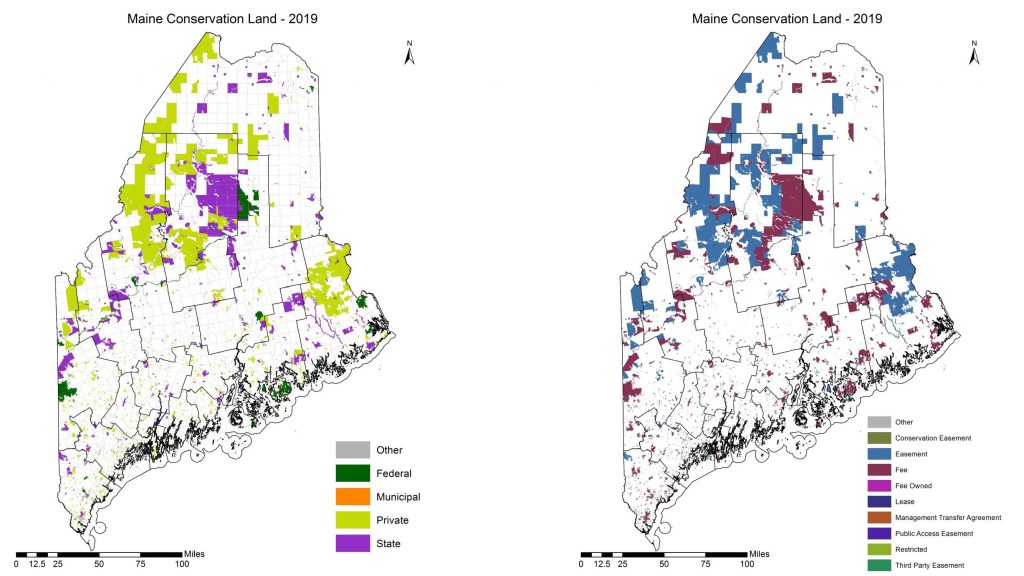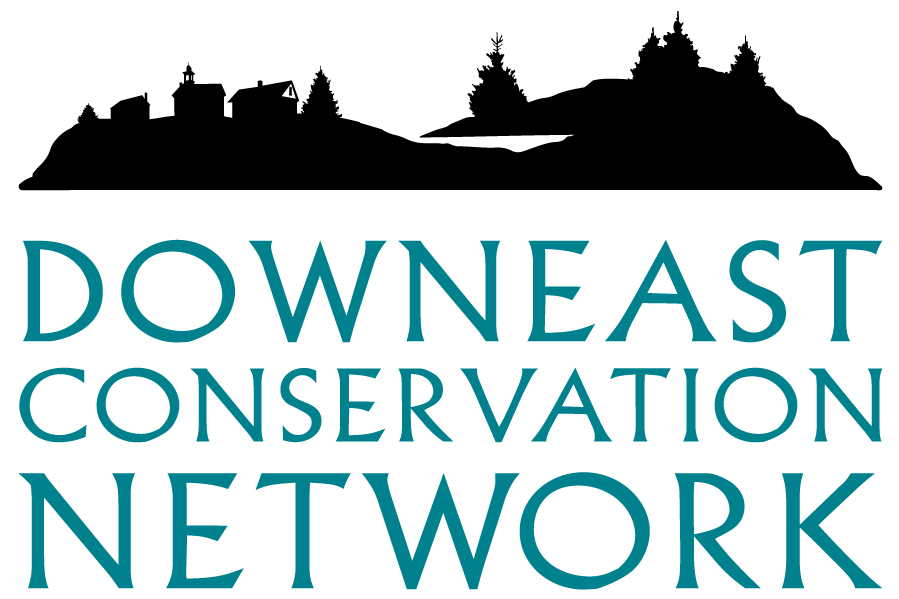Municipal Budgets and Conservation Working Group
Background of the Working Group
Working Group Participants:
- Adam Daigneault, University of Maine
- Kate Dufour, Maine Municipal Association
- Judy East, Land Use Planning Commission, DACF
- Renee Gray, Town of Lubec
- Kate Jans, Maine Coast Heritage Trust
- Tora Johnson, University of Maine at Machias
- Melissa Lee, Maine Coast Heritage Trust
- Mary-Alice Look, Town of Whiting
- Washington County Council of Governments
- Jeanne Peacock, City of Eastport
- Lewis Pinkham, Town of Milbridge
- Jeff Romano, Maine Coast Heritage Trust
- Cynthia Rowden, Town of Cutler
- Rachel Rubeor, Town of Lubec
- Jacob van de Sande, Maine Coast Heritage Trust
- Gabby Sherman, University of Maine
- Natalie Springuel, Maine Sea Grant
- Erin Witham, Downeast Conservation Network

How did the Working Group get established?
In December of 2018, a group of 25 municipal officials and staff from conservation organizations came together to discuss the topic of “Conservation & Communities” at the Washington County Council of Governments’ Annual meeting. This event was held in partnership as part of Downeast Conservation Network’s Downeast Dialogue series. For many involved in conversations about taxes and conservation for decades, this was seen as a breakthrough event.
The meeting was initiated in part to allow for a conversation about a recent study commissioned by Downeast Conservation Network to comprehensively assess the economic contributions of conservation lands to the surrounding communities. The results of the study were published in a report titled Valuing the Economic Benefits of Conserved Land in Downeast Maine. The report includes economic valuation of ecosystem services provided by regional conserved lands: benefit transfer valuation of non-market ecosystem services, direct valuation of market-based ecosystem services, and calculations of visitor spending effects and employment contributions to the local economy. While this study helped fill important data needs, it was not intended to explore the larger suite of impacts, including but not limited to land conservation, on municipal budgets. A need to research on these larger topics was identified.
In April 2019, a group met again to follow up on the conversation to identify actions we could take together to address these needs. The group came to consensus that one of the significant needs to move forward on this issue was data & information. Therefore the Municipal Budgets and Conservation Working Group was established with individuals from municipal organizations and leadership and conservation organizations joining the group. From Spring 2019 through Fall of 2023, the Working Group met regularly to build consensus around research needs, strengthen relationships, and focus on providing key feedback to the research project.
Working Group Advocacy
The group has also worked to find opportunities where Working Group members can contribute to other efforts to increase revenue to municipalities from state and federal government.
- In 2019, letters from conservation organizations and municipalities were submitted to Maine’s Congressional Delegation regarding the need to fully fund Federal Wildlife Refuge funding reimbursements.
- In 2019, Maine Coast Heritage Trust gave testimony in support of increasing state revenue sharing to municipalities. The testimony was in support of LD 1278: RESOLUTION, Proposing an Amendment to the Constitution of Maine Requiring the State To Share Not Less Than 5 Percent of State Sales and Income Tax Revenue with Municipalities.
